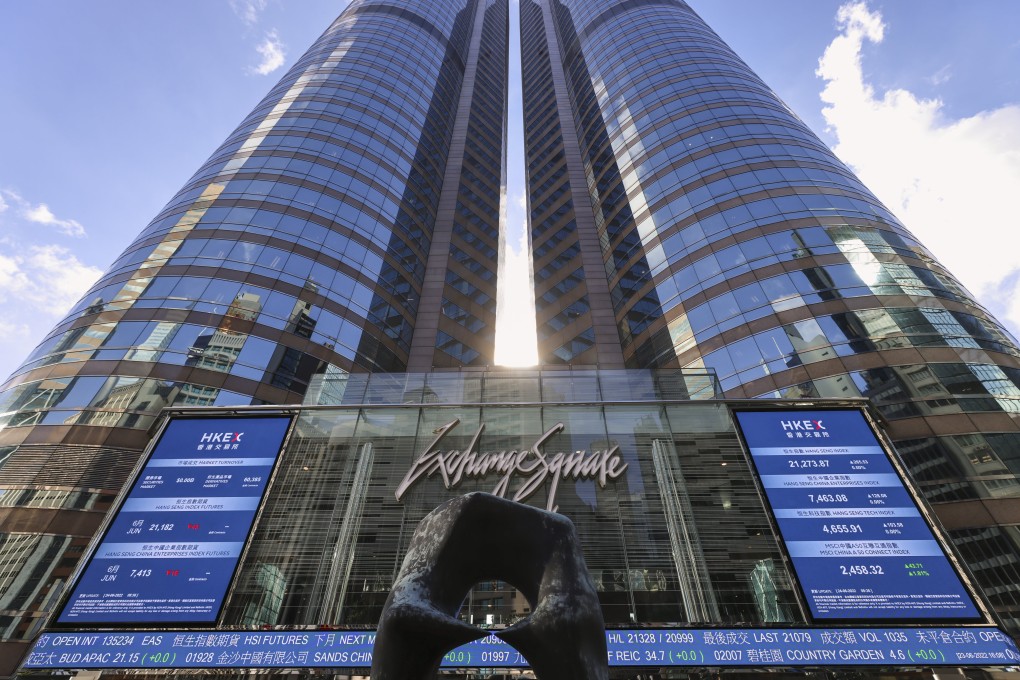Hong Kong exchange’s IPO reforms would draw more listings, bankers say
HKEX proposals on public float and allocation requirements would help city draw more listings, institutional investors, UBS says

The latest listing reforms proposed by Hong Kong’s bourse operator would help the city attract more initial public offerings (IPOs) and improve its chances of regaining bragging rights as the world’s top venue for new share offerings, according to industry players.
Hong Kong Exchanges and Clearing (HKEX) is seeking public feedback until March 19 on its plan to substantially reduce the public float requirement and increase the proportion of new shares for subscription by institutional investors.
“Historically, Hong Kong’s public float requirement is more restrictive compared with other global exchanges such as the US,” said John Lee Chen-kwok, vice-chairman and co-head of Asia coverage at investment bank UBS in Hong Kong. “The proposed reform to lower the public float would allow listing candidates more flexibility in deciding on their share offerings, and hence, it will enhance the competitiveness of Hong Kong as a listing venue.”
HKEX is pulling out all the stops to attract new listings. IPO proceeds in Hong Kong surged 87 per cent year on year to US$11 billion in 2024, according to the London Stock Exchange Group. This elevated the city to fifth on the global IPO league table in December, up from 13th in June and eighth in 2023. Hong Kong was the world’s top IPO venue seven times between 2009 and 2019.
Under current rules, IPOs must offer, or float, at least 25 per cent of their total issued shares to the public at a market value of at least HK$125 million (US$16 million). Big players can apply for a waiver to lower the threshold to 15 per cent.
The requirement, put in place in 1989, aims to ensure that sufficient shares are available for trading.
